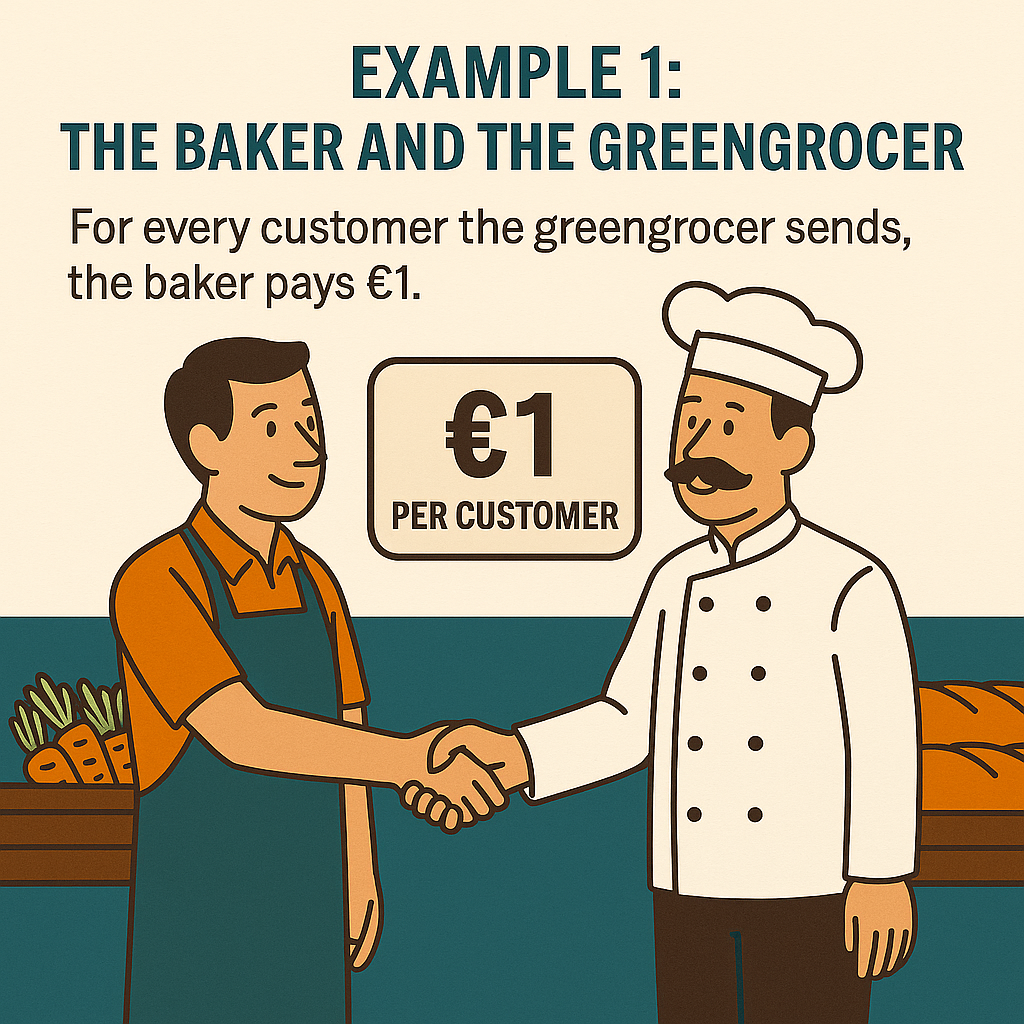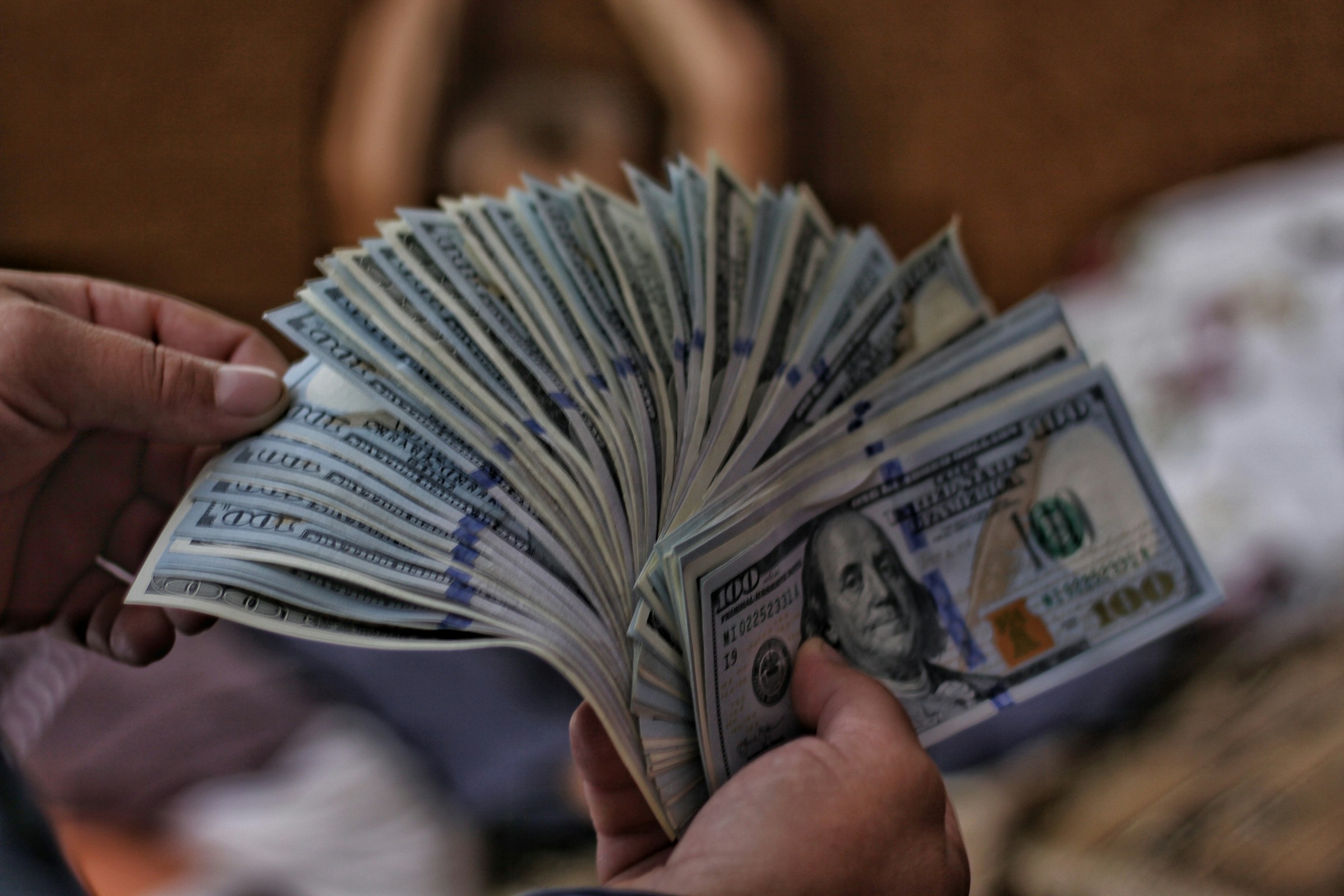Affiliate marketing was created to be a win-win model. Content creators (publishers) send visitors to a brand or travel company (advertisers). If that visitor books or makes a purchase, the publisher receives a commission. Simple, right?
Unfortunately, in practice it often doesn’t work that way. Many travel bloggers and creators are confronted with something called deduplication. For most people outside the industry, this is a vague and technical term. In reality, it’s a very simple and often unfair mechanism that makes a creator’s work worthless.
Also read: Affiliate Marketing: can it still be trusted?
What is deduplication?
Deduplication means that even when a publisher has clearly sent a customer to a company, the system attributes the sale to another channel. This could be a Google Ad, a newsletter or a promo code, often created by the advertiser themselves. The result: the blogger loses the commission, even though they planted the seed and did the work.
To make it easier to understand, let’s explain with simple everyday examples.
Example 1: the baker and the greengrocer

A greengrocer and a baker make a clear deal: for every customer the greengrocer sends, the baker pays €1.
Every week the greengrocer sends 50 customers. After a month, he expects €200.
But when he comes to collect his money, the baker only gives him €5.
The baker justifies this with excuses:
- “Some customers found me on Google Maps, so those don’t count.”
- “My grandfather was handing out discount coupons, so those customers count for him.”
- “Some didn’t buy right away but came back later, so they don’t count.”
- “Some came twice, so I only pay for the first bread.”
The greengrocer is baffled. Without him, most of those customers would never have walked into the bakery. Yet the agreement is broken.
That is what deduplication looks like.
Example 2: travel bloggers and travel agencies

Now let’s translate this into the travel world.
A blogger writes an inspiring article about Morocco. She includes links to a travel agency. The deal is clear: for every booking through her link, she should receive a commission.
Dozens of readers click, some even book a trip. But when she asks for her commission, she hears:
- “That customer clicked our Google Ads, so the booking is ours.”
- “We sent a newsletter with a discount code, so we take the credit.”
- “They didn’t book right away, so we don’t count it as your referral.”
- “Of the 50 customers you say you sent, we only see five.”
Again, the logic is the same as with the baker. The blogger delivers the customer, the travel agency invents reasons not to pay.
Why this is a problem
Deduplication makes affiliate marketing unfair and unreliable. It may seem profitable for companies in the short term, but in the long term it undermines trust. Bloggers and content creators will stop working with advertisers who squeeze every drop out of the partnership without fair compensation.
When that happens, both sides will eventually lose. Creators lose income, and brands lose authentic and high-quality exposure.
What needs to change
- Transparency: creators need insight into why sales are rejected, not just the end result.
- Fair agreements: if a blogger brings the customer, the commission should be paid.
- Sustainable models: partnerships should focus on long-term collaboration, not short-term savings.
The bottom line
Deduplication may sound technical, but it’s really very simple. If you promise €1 per customer, pay €1 per customer. Anything else is not a partnership – it’s exploitation.
The future of affiliate marketing depends on rebuilding trust. That can only happen when advertisers and creators treat each other fairly and work together on a sustainable basis.


